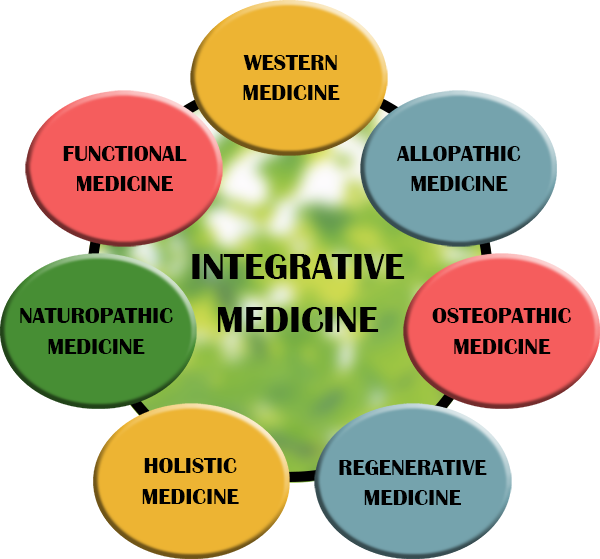Integrative medicine is an approach to healthcare that combines conventional medical care with various complementary and alternative therapies. The goal is to provide a holistic approach to healing by addressing the physical, mental, emotional, and spiritual aspects of a person's well-being. This article explores some of the popular integrative medicine approaches and their benefits.
Acupuncture
Acupuncture is an ancient Chinese therapy that involves inserting thin needles into specific points on the body. It is believed to stimulate the flow of energy, or Qi, along meridian pathways. Acupuncture is commonly used to relieve pain, reduce stress, and promote overall well-being. Many individuals find acupuncture helpful for managing conditions such as migraines, anxiety, and chronic pain.
Mindfulness Meditation
Mindfulness meditation is a practice that involves focusing attention on the present moment without judgment. It is often used to reduce stress, anxiety, and improve overall mental health. Research has shown that regular mindfulness meditation can increase brain function, reduce symptoms of depression, and enhance self-awareness. It is a valuable tool for cultivating a positive mindset and improving overall well-being.
Herbal Medicine
Herbal medicine utilizes plants and their extracts to promote healing and restore balance in the body. Different plants have unique therapeutic properties, and herbal remedies can be used to treat a wide range of health conditions. From chamomile for relaxation to echinacea for boosting the immune system, herbal medicine offers a natural, holistic approach to wellness. However, it is important to consult with a qualified herbalist or healthcare provider before starting any herbal treatments.
Chiropractic Care
Chiropractic care focuses on aligning the musculoskeletal system, particularly the spine, to restore proper nerve function and improve overall health. Chiropractors use manual adjustments, spinal manipulation, and other techniques to address various conditions, including back pain, headaches, and joint issues. By addressing the root cause of physical discomfort, chiropractic care aims to enhance the body's ability to heal itself.
Nutritional Therapy
Nutritional therapy emphasizes the importance of a well-balanced diet in promoting optimal health and healing. It involves the use of specific foods, dietary changes, and sometimes supplements to address individual nutritional needs. Nutritional therapists work with clients to develop personalized plans that support their overall well-being. This approach recognizes the vital role that nutrition plays in maintaining good health and preventing disease.
Massage Therapy
Massage therapy involves the manipulation of soft tissues to alleviate muscle tension, reduce stress, and promote relaxation. It is also an effective tool for managing pain, improving circulation, and enhancing overall well-being. Different massage techniques, such as Swedish, deep tissue, and aromatherapy, offer unique benefits and cater to individual preferences. Regular massage sessions can be a valuable addition to an integrative medicine approach.
Conclusion
Integrative medicine approaches offer a comprehensive and holistic way to promote health and well-being. By combining conventional medical care with complementary and alternative therapies, individuals can address various aspects of their health and achieve optimal wellness. Whether through acupuncture, mindfulness meditation, herbal medicine, chiropractic care, nutritional therapy, or massage therapy, these approaches provide diverse tools for healing the mind, body, and spirit.


